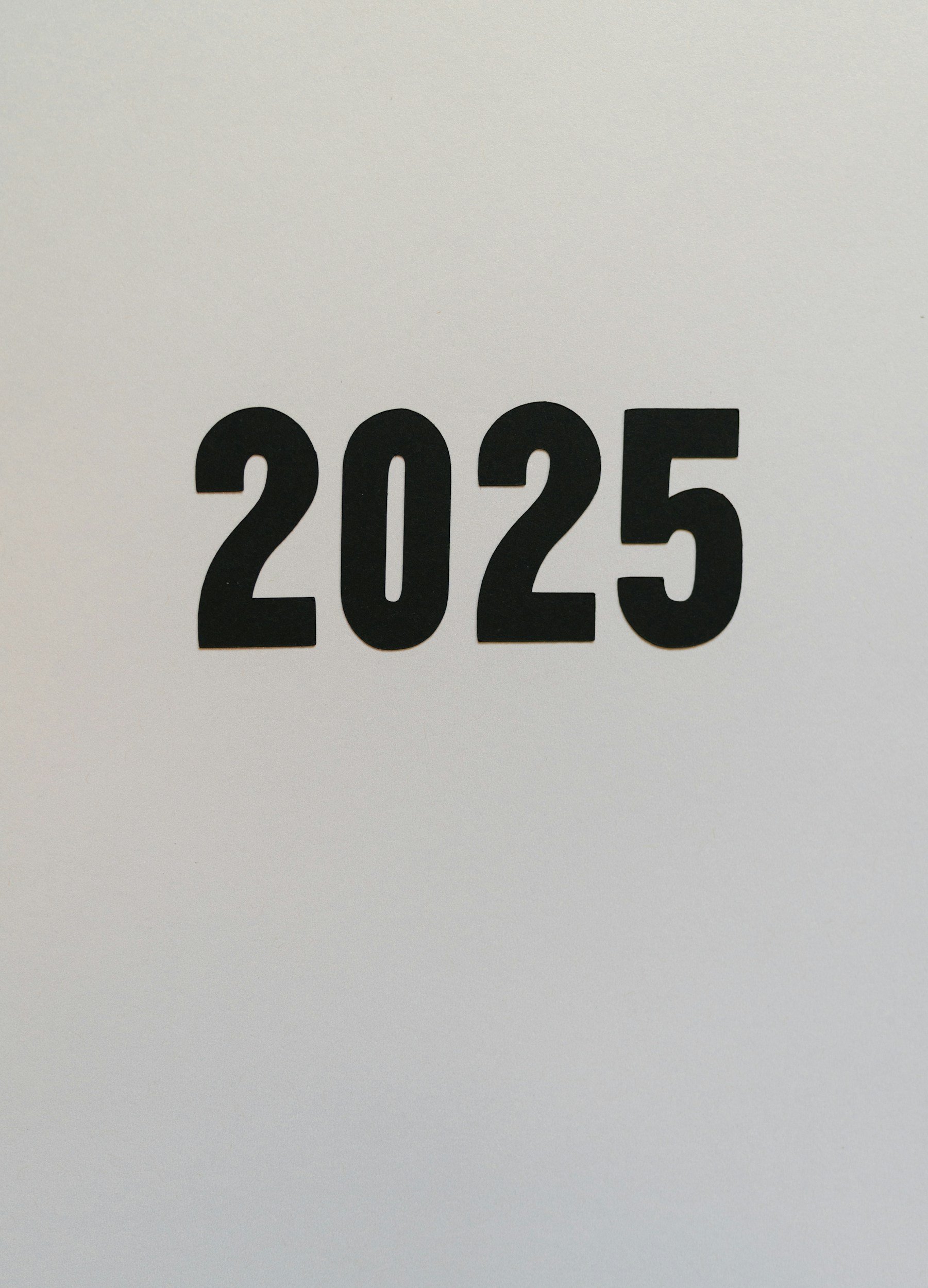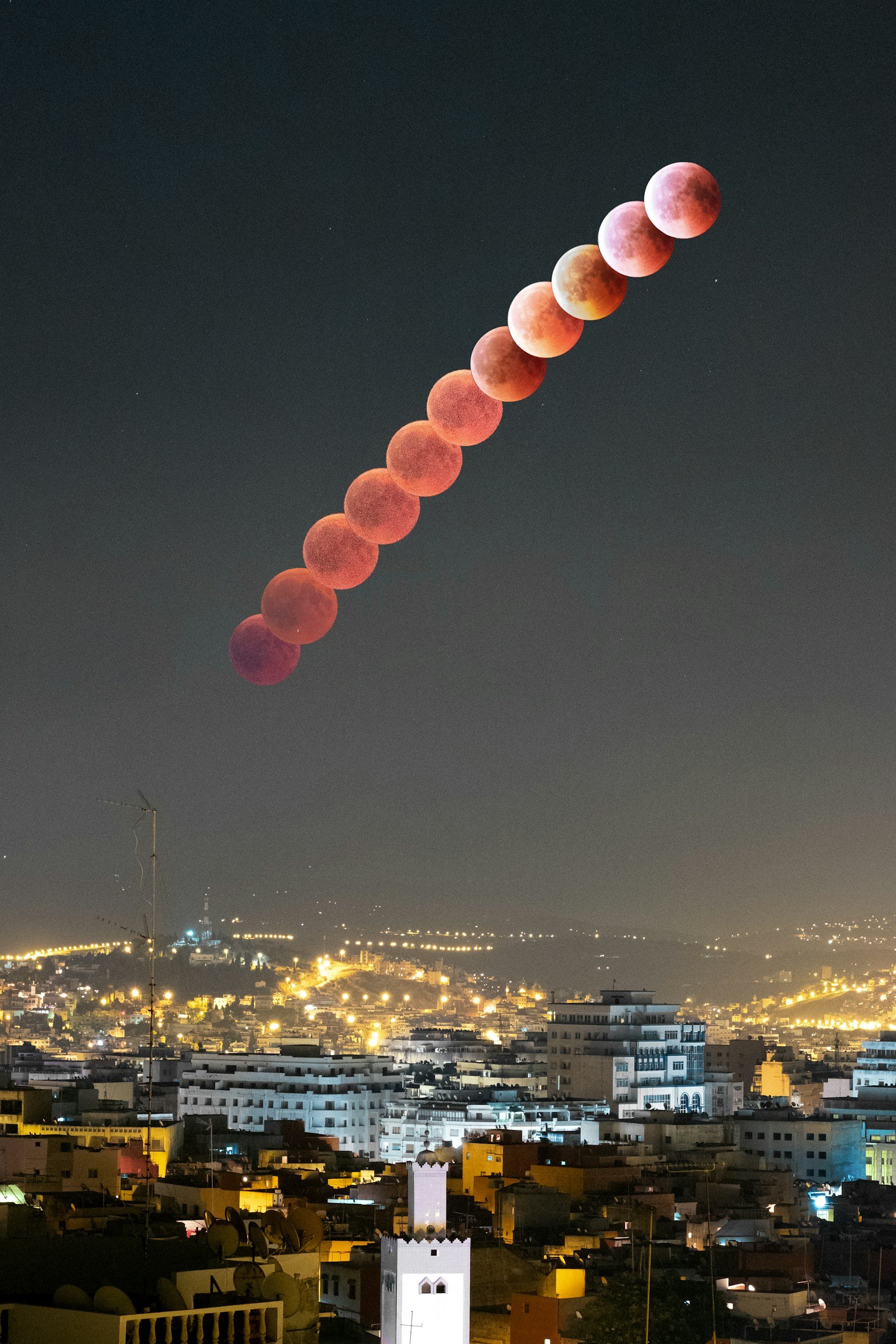All You Need to Know About Eke Market Day in the Igbo Calendar
Igbo traditional calendar contains 13 lunar months. Each month is made up of 7 weeks, and these weeks revolve around four market days: Eke, Orie, Afor, and Nkwo. These market days hold deep cultural, spiritual, and symbolic significance in Igbo society, as they influence daily life, rituals, and ceremonies.
Among these four days, Eke stands out as the first market day. In this post, we will explore the rich symbolism and importance of Eke Market Day in the Igbo calendar, from its elemental associations to its cultural practices.
Elemental Association: Fire (Cosmic Light)
Eke is deeply connected with the element of Fire, it is also associated with Anyanwu (the Sun). Fire symbolizes energy, transformation, vitality, and passion. This element represents the creative force of the universe, and Eke embodies this transformative energy. Just as fire can ignite new beginnings, so too can Eke day spark fresh starts in various aspects of life.
In traditional Igbo belief, fire also purifies, cleanses, and brings light to darkness. It is this spiritual energy that makes Eke day a special time for cleansing rituals and significant ceremonies that require high spiritual energy.
Spiritual Significance and Practices on Eke Day
In many Igbo communities, Eke day is considered sacred. It is believed to be the best day for activities that require high spiritual energy, especially those that require introspection. However, it is also a day of rest from mundane or worldly activities. This duality between intense spiritual focus and abstinence from physical tasks reflects the Igbo balance between the seen and unseen worlds.
Eke's association with transformation and new beginnings makes it a favourable day for starting new ventures, ranging from spiritual, personal, or communal. It is a day to set things in motion, to plant seeds for future growth, both literally and metaphorically.
In some communities, important spiritual entities are connected to Eke. Forces like Anyanwu (the sun as a cosmic force), Ikenga (the spirit of strength and accomplishment), Nne Agwu (the mother of divination), and other protective spirits are called upon on this day. The energy of Eke amplifies the ability of these forces amongst others to influence the lives of those who honor them properly.
Eke: A Day of Abstinence and Sacred Rest
While Eke is a day for spiritual engagement, it is also widely observed as a sacred day of abstinence. In many Igbo towns and villages, people refrain from certain activities on Eke day, including farming, trading, or other labor-intensive tasks. This is a form of honoring the earth and the spiritual forces that govern life.
Eke’s sacred status means that it is a day to be spent in reflection, spirituality, and sometimes in ritual purification. It encourages rest from worldly activities and devotion to personal or communal spirituality. In this sense, Eke reminds Igbo people of the importance of staying connected to the spiritual realm.
Palm Representation: The Index Finger
In Igbo palmistry, each of the four market days is represented in the palm by one of the fingers on the hand. Eke is symbolized by the index finger, a reflection of its leadership and forward-moving qualities. Just as the index finger is mostly used to point the way or lead in action, Eke day is a time for setting intentions, embarking on new journeys, or gaining direction in life.
This finger representation also highlights the day’s importance as a guide and starter in the cycle of market days, underscoring Eke's role as a day of creation, fire, and cosmic light. It also illustrates the Igbo belief in the concept of Akaraka — that everything about one’s destiny can be understood from studying their palm.
Cultural Expressions: Names and Colors Associated with Eke
Children born on Eke day are usually given generic names that reflect the energy of the day. Some common names include:
Okereke
Okeke
Nweke
Mgbeke
These names carry a spiritual imprint of the day and connect the person to the powerful forces of fire, transformation, and cosmic beginnings.
In terms of color, black is the primary color associated with Eke. In the Igbo worldview, black (Oji, Nji, Idu, Kpuukpuu, Odii, Abani, Ochichii, Uchichi), can symbolize the mysteries of life, the depth of wisdom, and the unknown. It can also represents the cosmic balance between light and darkness, creation and destruction, beginnings and endings. Black is considered a powerful color of protection and spiritual potency.
Direction & Cosmic Alignment: The East (Owuwa Anyanwu)
In Igbo cosmology, each market day is aligned with a specific cardinal direction. Eke is connected to the East, also known as Owuwa Anyanwu, the direction of the rising sun. The sun, being a powerful symbol of life and renewal, further amplifies Eke day's energy of creation, fresh starts, and the dawning of new possibilities.
The East is the direction where light emerges from the darkness, symbolizing hope, awakening, and spiritual enlightenment. Therefore, Eke day encourages us to tap into the energy of renewal and illumination—a time to chase away the shadows in our lives and open ourselves up to the transformative fire of creation.
To Sum It Up
Through rest, rituals, or personal reflection, however we choose to engage Eke day, it offers a unique opportunity to connect with the forces of creation and transformation. It is a reminder to acknowledge the cosmic light within ourselves, to nurture our spiritual growth, and to honor the divine energies that guide our paths.
As you move through the cycles of the Igbo market days, consider how Eke—the day of fire, new beginnings, and sacred abstinence—can bring balance and renewal into your life. Reflect on what needs to be set in motion, what forces need to be honored, and how you can tune into the fiery energy of this special day to transform your world.
The next time Eke comes around, light a candle, take a moment to reflect, and remember the powerful forces that shape our lives in the Igbo cosmos. Let the fire of Eke inspire and guide you! Isee!
Recommended Resources:
Four Igbo Market Days | Oma’s Odinani Mystery School (YouTube)
Diverse Ways To Activate Your Element To Become Active | Dibia Nwangwu Uchendu (Blog)
The Magic of Eke, Orie, Afo, and Nkwo | Ugoebenaja (YouTube)
Mystery of the Four Market Days Explained - Why is The Sacred Igbo Calendar is More than a Calendar | Medicine Shell (YouTube)














